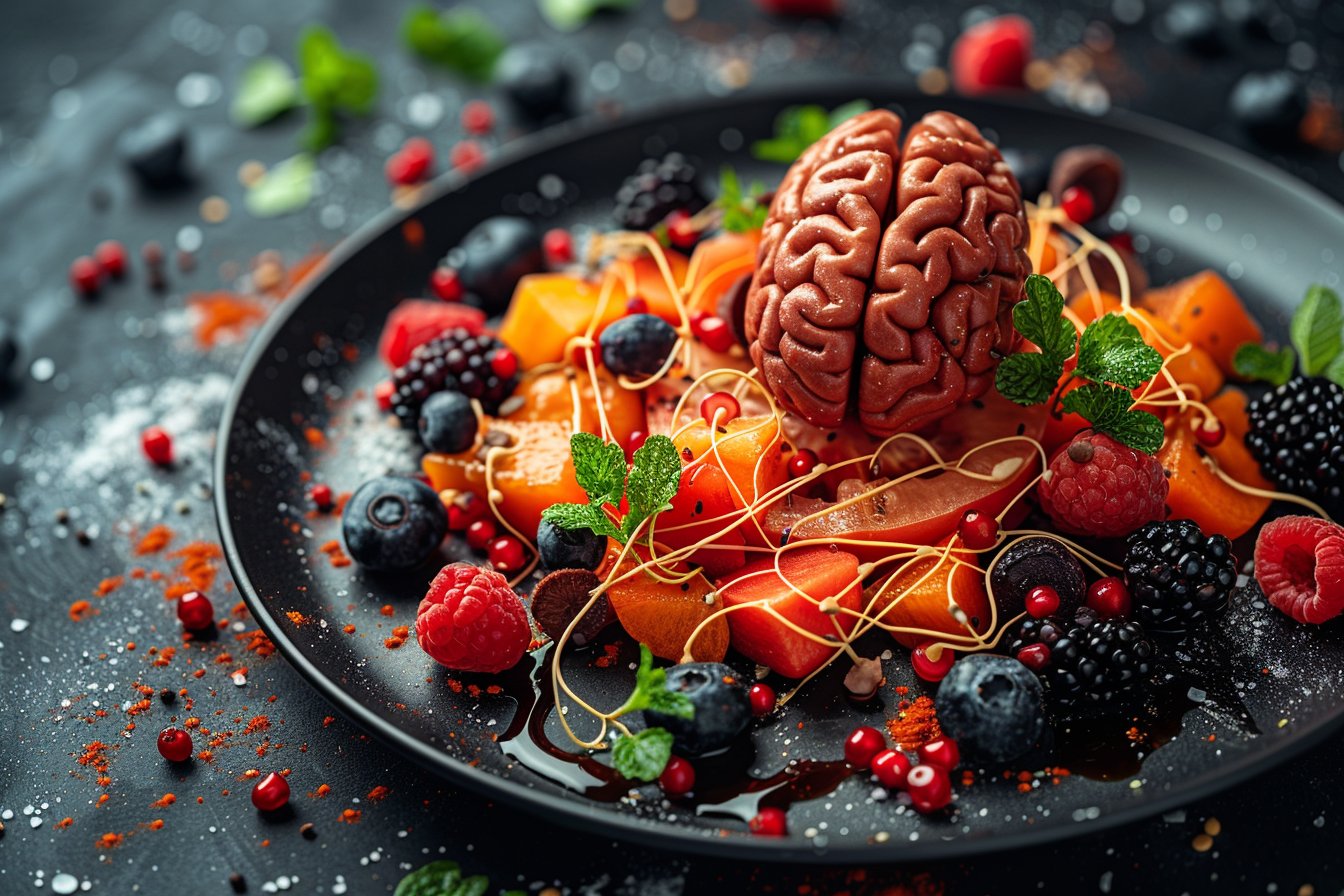We often take food for granted. As a basic necessity, we consume food daily without giving much thought to its purpose. However, understanding the essential roles that food plays in our well-being can help us make better dietary choices and appreciate this life-sustaining fuel. For this reason, let’s delve into the three primary reasons why we need food: providing energy, supporting growth and repair, and warding off infections and illnesses.
The Powerhouse: Energy from Food
Inarguably, one overarching reason we require food is to acquire the necessary energy for survival. Each day, our bodies perform countless tasks – both conscious and unconscious – such as breathing, digestion, maintaining body temperature, thinking, and movement. All these activities demand energy, which derives from the calories contained within the food we ingest.
Food Sources of Energy
Different foods supply varying amounts of energy due to their unique macronutrient compositions. Macronutrients, including carbohydrates, fats, and proteins, each offer different calorie counts per gram:
- Carbohydrates: 4 calories per gram
- Fats: 9 calories per gram
- Proteins: 4 calories per gram
It is important to maintain a balanced diet with appropriate amounts of each macronutrient to ensure optimal energy levels throughout the day.
A Delicate Balance of Energy Intake and Expenditure
An imbalance between the number of calories consumed and expended may cause issues in terms of health and weight management. When individuals consume more energy than they expend, weight gain often occurs because the body stores unutilized energy in the form of fat. Conversely, if the energy intake is less than what’s needed for daily tasks and physiological processes, weight loss and fatigue may result, potentially hindering overall well-being.
Constructing Life: Growth and Repair
Beyond providing energy, food also carries essential building blocks to support growth and repair within our bodies. Humans experience ongoing cellular growth and replacement throughout their lives, requiring nutrients from ingested food to construct and maintain a robust internal structure.
The Role of Protein
Protein plays an indispensable part in growth and repair because it contains amino acids – the critical elements that construct the body’s tissues, muscles, and organs. Obtaining adequate high-quality protein sources each day ensures that our systems have access to these essential amino acids. Some excellent sources of protein include lean meats, legumes, dairy products, whole grains, and vegetables like broccoli and kale.
Vitamins and Minerals Boost Repair Processes
In addition to proteins, various vitamins and minerals are vital for cell regeneration and tissue restoration. For instance, vitamin C aids collagen production – a necessary step for healthy skin, bones, and connective tissues. Simultaneously, minerals such as calcium and magnesium contribute to strong bones and teeth and facilitate other crucial bodily functions. Consuming fiber-rich fruits, vegetables, and fortified products can help deliver the key vitamins and minerals required for optimal growth and repair mechanisms.
A Natural Shield: Food’s Role in Immunity
The third principal reason we need food is its ability to bolster our immune system, protecting us from infections and illnesses. A well-rounded diet fosters immunity by supplying essential micronutrients in the right proportions, thereby helping the body fend off harmful pathogens and maintain overall wellness.
Vital Vitamins for Immune Defense
Certain vitamins innately contribute to a robust immune response. Some noteworthy examples include:
- Vitamin A: Fortifies the skin, mucosal tissues, and white blood cells, playing a defensive role against infections.
- Vitamin C: Enhances our body’s natural defense mechanisms by promoting efficient cellular functions and bolstering production of antibodies and immune cells.
- Vitamin D: Stimulates the proper functioning of immune cells and helps regulate inflammatory responses in the body.
- Vitamin E: Functions as an antioxidant that protects cell membranes from damage, subsequently enhancing immune function.
To reap the benefits of these immunity-boosting vitamins, individuals should incorporate a variety of nutrient-dense foods into their diets, such as leafy greens, colorful fruits and vegetables, lean proteins, and whole grains.
Magnificent Minerals for Immunity
Similar to vitamins, specific minerals also dovetail with food’s ability to fortify the immune system. Some key minerals that work harmoniously with our immune systems are zinc, selenium, iron, and copper. Obtaining these essential minerals through diet may help minimize the risk of developing infections or falling ill. Foods rich in these minerals include nuts, seeds, legumes, dark chocolate, and oysters.
As we can now appreciate, the significance of food transcends satiating one’s hunger; it serves three indispensable roles in our lives, providing energy, supporting growth and repair, and fortifying our immune system to keep infections and illnesses at bay. By maintaining a balanced and nutrient-rich diet, we can ensure that our bodies have access to the necessary resources for optimal health and well-being.







